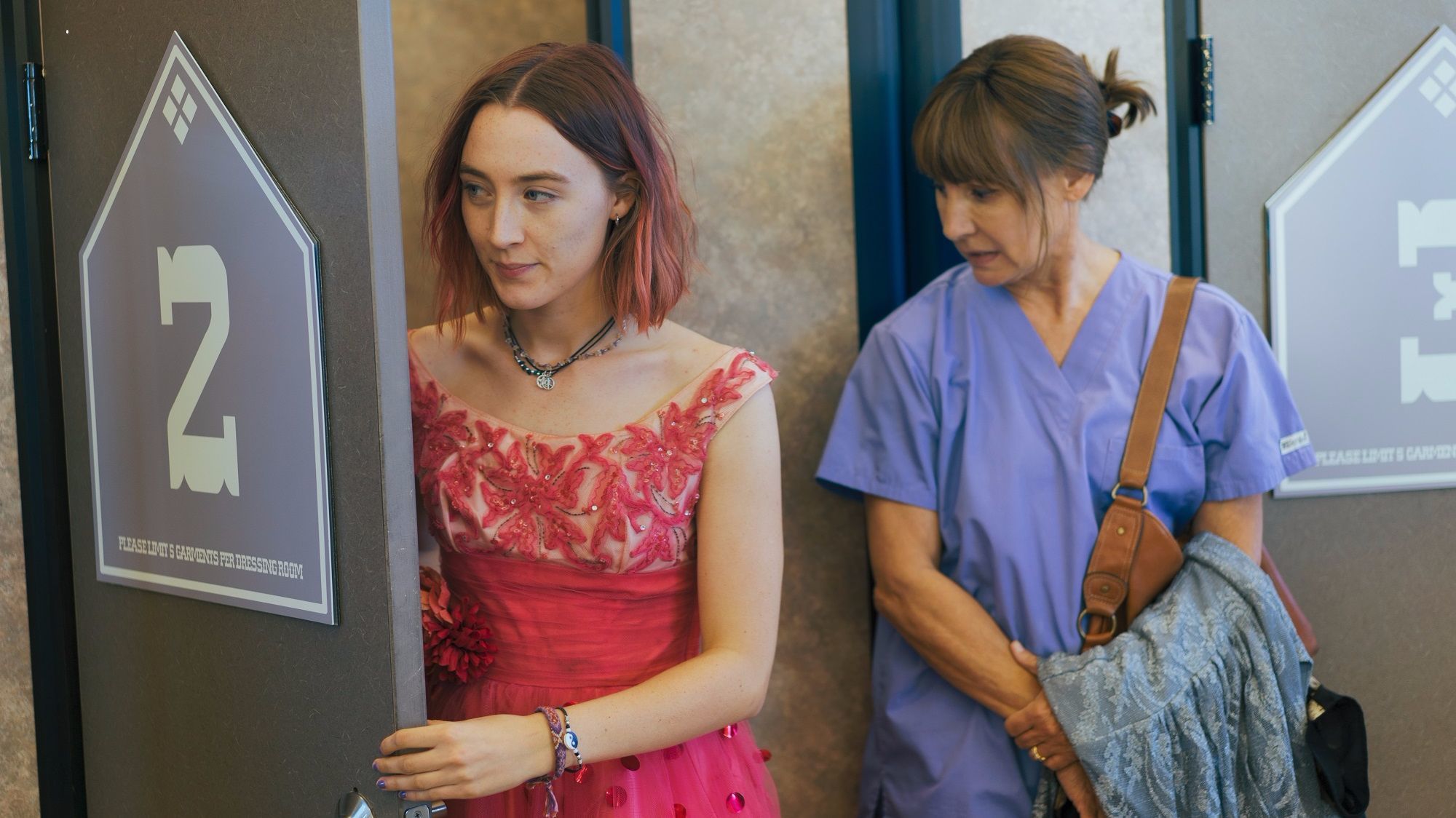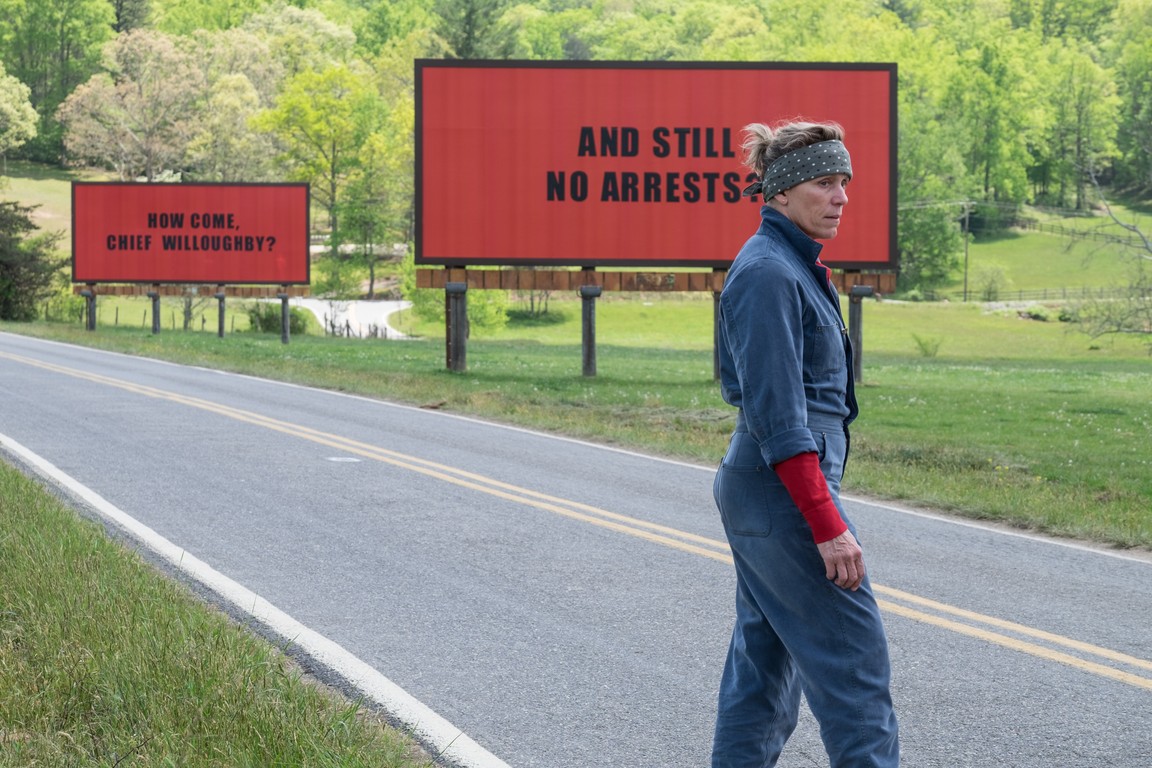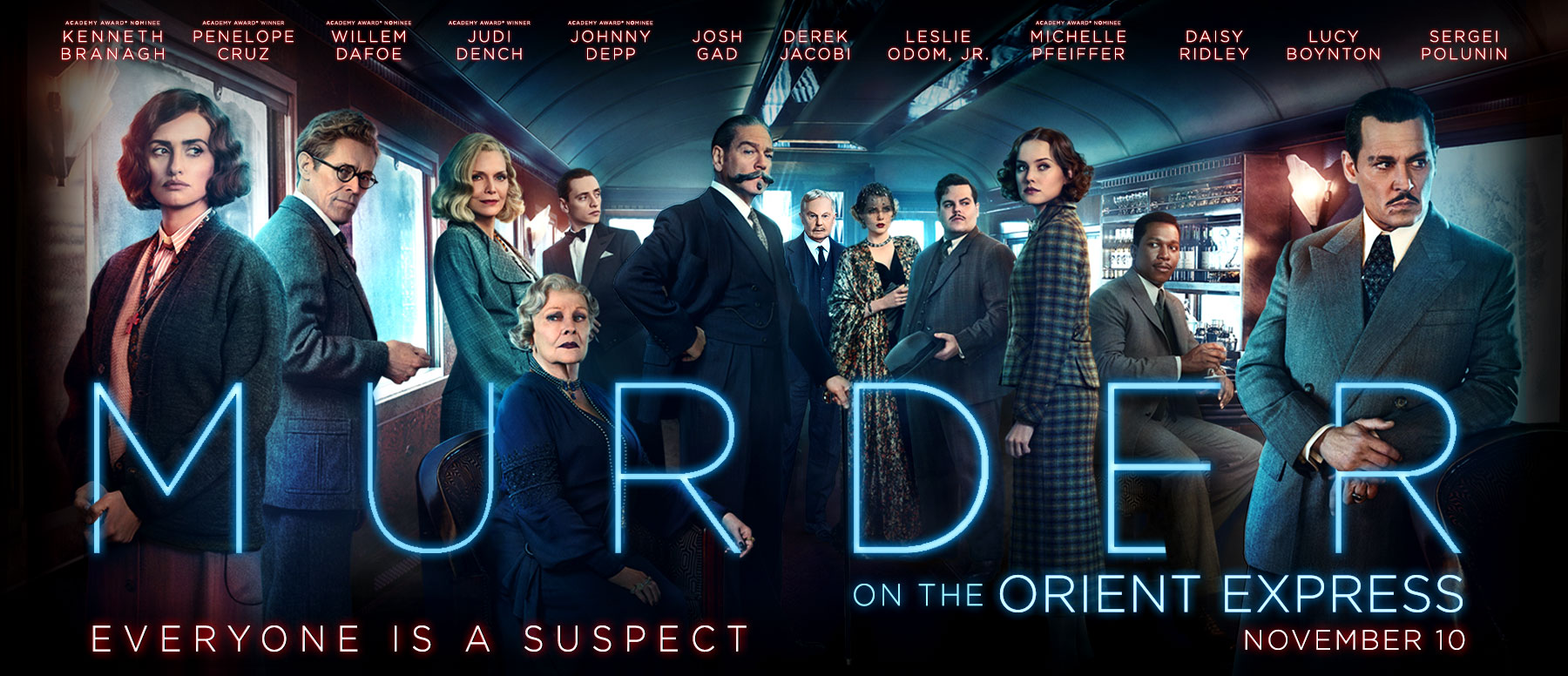Lady Bird
Posted on November 28, 2017 at 10:04 pm
A-| Lowest Recommended Age: | Mature High Schooler |
| MPAA Rating: | Rated R for language, sexual content, brief graphic nudity and teen partying |
| Profanity: | Very strong language |
| Alcohol/ Drugs: | Drinking and drunkenness |
| Violence/ Scariness: | Mild peril |
| Diversity Issues: | None |
| Date Released to Theaters: | November 3, 2017 |
| Date Released to DVD: | March 5, 2018 |

“Lady Bird? Is that your given name?” the patient priest who is directing the high school play asks at an audition. “Yes.” “Why is it in quotes?” The sign-up sheet reads: Christine “Lady Bird” McPherson (Saoirse Ronan). “I gave it to myself,” she says. “It’s given to me by me.” Perhaps she selected the name because she is getting ready to fly away and the thought thrills and terrifies her.
Christine “Lady Bird” McPherson is a senior in high school, on the brink of that moment when we are heady at the notion of inventing ourselves. We meet her coming home from a trip with her mother (Laurie Metcalf) to visit colleges near their home in Sacramento. They weep silently together at the end of an audiobook and bicker about the things that mothers and teenage daughters bicker about. Lady Bird (as we will call her) wants to go to college in the East, “where writers live in the woods.” Her mother, a nurse, is trying hard to balance the need to be practical about finances — Lady Bird’s father is about to lose his job — with the parental instinct to protect her daughter from the most unpleasant realities of life, including her parents’ inability to make everything work out. Fortunately, if frustratingly, Lady Bird has retained the solipsistic luxury of tuning out most of what her parents tell her.
Writer/director Greta Gerwig captures with breathtaking precision that liminal moment when teenagers manage to mash-up grandiosity that stretches to infinity and soul-crushing insecurity. “Math isn’t something you’re terribly strong in,” a nun (Lois Smith) tells her diplomatically. “That we know of. Yet,” Lady Bird replies. “I just want you to be the best version of yourself,” her mother tells her. “What if this is the best version of myself?” she asks. Metcalf’s expression on hearing this question contains multitudes of sympathy and maybe a touch of envy at the endless possibilities spreading out in front of her daughter.
This is one of the best ensemble casts of the year. Metcalf and Tracy Letts, as Lady Bird’s parents, Smith and Stephen McKinley Henderson as her teachers, “Manchester by the Sea” Lucas Hedges and “Call Me By Your Name” Timothée Chalamet as boys she likes, and Beanie Feldstein and Odeya Rush as her friends are all superb. Gerwig never lets even the smallest roles be anything but specific and complex. The episodic storyline brims with telling, meticulously observed moments. Lady Bird and her mother stop bickering for a moment in the thrift store when they suddenly unite in the ecstasy of finding the perfect prom dress (inspired, Gerwig told me, by “Pretty in Pink”). Her father finds himself competing for a job with his own son, pride and support edging just slightly ahead of desperation. Lady Bird makes some bad mistakes in judgment but there are no bad guys here, just people trying to figure out who they are and connect without hurting or being hurt, still young enough to assume that it’s only a matter of time.
Parents should know that this film includes very strong language, sexual references and situations, teen drinking, and mild peril.
Family discussion: What name would you pick for yourself? Is Lady Bird more like her mother or father?
If you like this, try: “Frances Ha” and “Edge of Seventeen”









